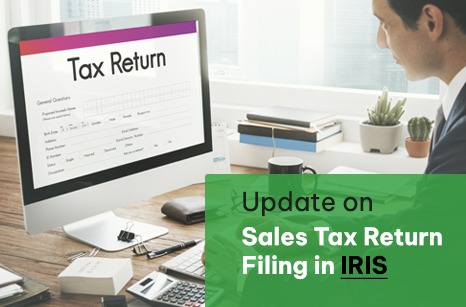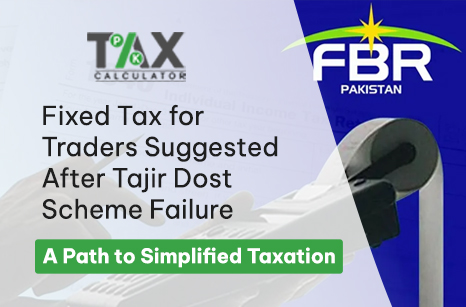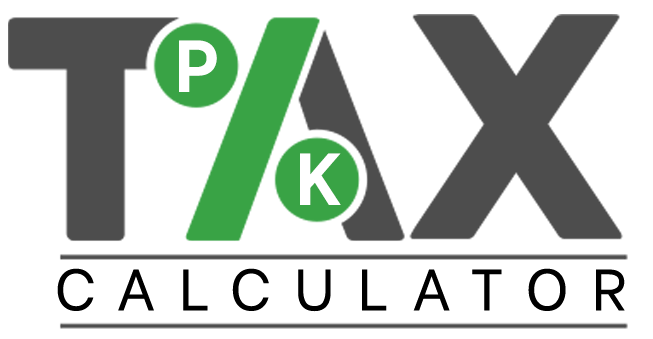
A Guide to Salary Taxation Under Section 149 of the Income Ordinance
A Guide to Salary Taxation Under Section 149 of the Income Ordinance
The most sensitive aspect of income tax compliance is salary taxation. Looking at the laws specifically section 149 of The Income Ordinance there is a lot of detail on the manner in which taxes are supposed to be withheld from the salaries to ensure justice. This section is about identifying what this section is all about and its relevance here and there.
The major tax deduction in employee paycheck is the payroll tax deduction.
Anyone who is an employer or just the person responsible for providing employees with their wages must withhold tax at the time.
- The number of contracts/subordinate enterprises/branches/individuals for tax invoice/cash invoice according to the tax laws.
- Tax under section 4AB as the case
This forces taxes to be in proportion to the income of the employee and the tax rates as provided under Division I, Part I of the First Schedule.
Alterations of Salary Tax Deductions
To ensure precise deductions, employers must make necessary adjustments, which include:
- Taxes already withheld during the year in accordance with other provisions of the Income Ordinance.
- Tax credits that the employee is eligible for, such as:
- Section 61: Payments to charities or charitable organizations.
- Section 63: Special mention of other particular specific tax credits as allowed by law.
- Corrections for:
- Previous oversights that resulted in either too much or too little deduction.
- Any failure in earlier periods tax deductions.
Employers therefore need to ensure adequate documentation in relation to changes with a view of being in compliance.
Calculating the Average Tax Rate
Generally, the average tax deduction can be calculated using the following steps:
- A / B, where:
A = The tax payable if B was the only income on which the employee paid tax for the year.
B = The amount of estimated taxable salary income of the employee, such as tax under Section 4AB.
This method makes sure that the deductions far as it can possible make the best fit to the real tax
Tax on Directorship and Meeting Fees
Fees for directors, board meetings, or any similar commission, or similar payments are subject to a fixed 20% tax based on the gross amount. Most importantly, this deduction is recoverable from the assessed tax liability owed by the recipient, making it fair.
Why This Matters
To the employers, section 149 assists them in compliance with their withholding tax obligation properly and thus do not attract the wrath of the law. This way for the employees it can temporarily hold a fairly calculated amount of the taxes deducted in accordance with the income of the employee, specific credits that the employee may be eligible for as well as the prior years scenarios.
If employers and employees follow the provisions of Section 149, the processes running all through the tax year are less likely to be contentious or incorrect. Knowledge of such rules is crucial in the ordinary conduct of income taxes to avoid violating the tax laws and liability.
Explore: Income Tax Ordinance in Pakistan
More Blogs



Update on Sales Tax Return Filing in IRIS

